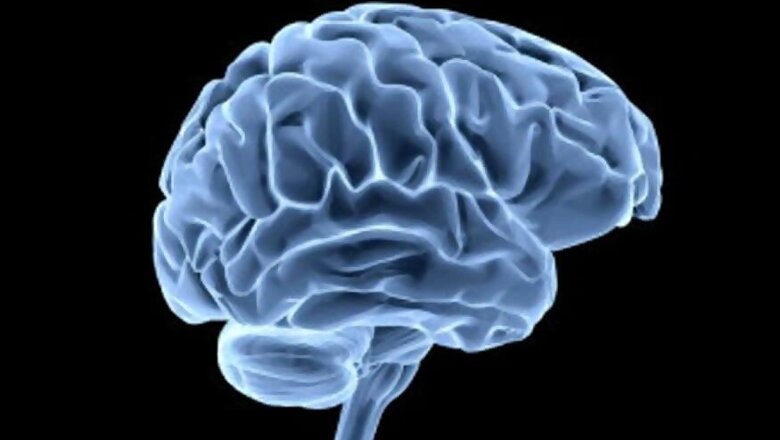
views
Researchers have found structural differences in the brains of children at high risk for depression due to parental depressive history. Depression is a common and debilitating mental health condition that typically arises during adolescence. While the causes of depression are complex, having a parent with depression is one of the biggest known risk factors.
Studies have consistently shown that adolescent children of parents with depression are two to three times more likely to develop depression than those with no parental history of depression.
"The findings highlight a potential risk factor that may lead to the development of depressive disorders during a peak period of onset, said study author Randy P. Auerbach, Associate Professor at Columbia University in the US.
"However, in our prior research, smaller putamen volumes also has been linked to anhedonia--a reduced ability to experience pleasure--which is implicated in depression, substance use, psychosis, and suicidal behaviours," Auerbach said.
"Thus, it may be that smaller putamen volume is a transdiagnostic risk factor that may confer vulnerability to broad-based mental disorders," Auerbach added.
For the study, published in the Journal of the American Academy of Child & Adolescent Psychiatry, the researchers analysed brain images from over 7,000 children in the United States participating in the Adolescent Brain Cognitive development (ABCD) study, led by the National Institutes of Health (NIH).
According to the study, about one-third of the children were in the high-risk group because they had a parent with depression.
The research found that in the high-risk children, the right putamen--a brain structure linked to reward, motivation, and the experience of pleasure--was smaller than in children with no parental history of depression.
"Understanding differences in the brains of children with familial risk factors for depression may help to improve early identification of those at greatest risk for developing depression themselves, and lead to improved diagnosis and treatment," said study researcher David Pagliaccio.
Follow @News18Lifestyle for more



















Comments
0 comment